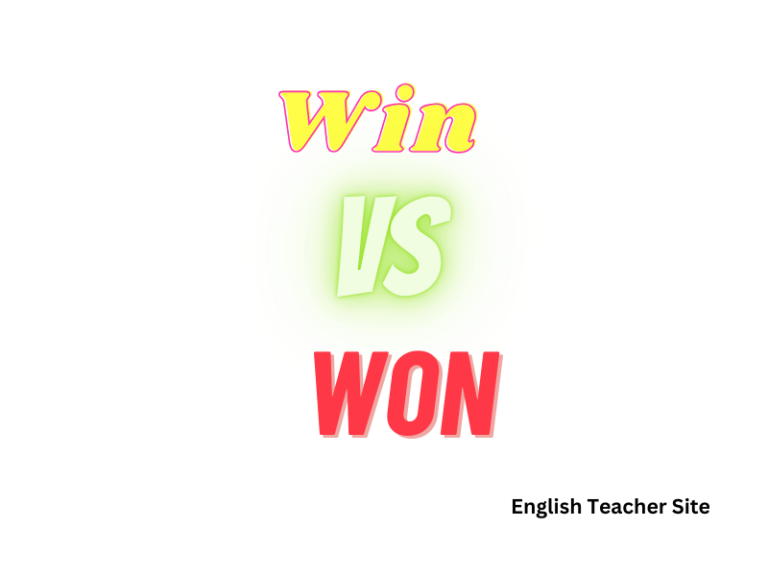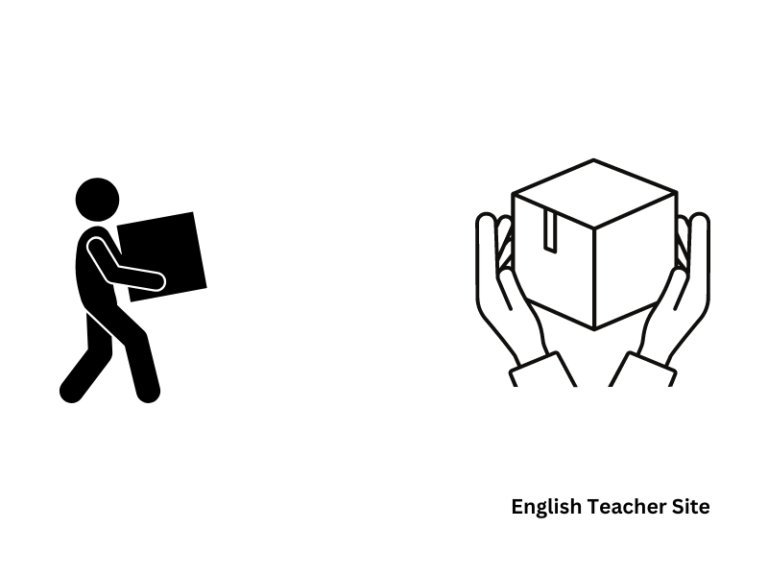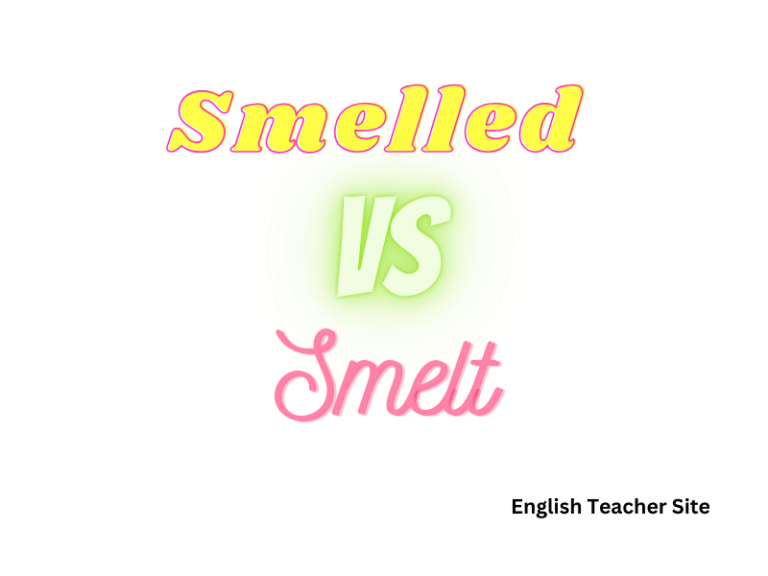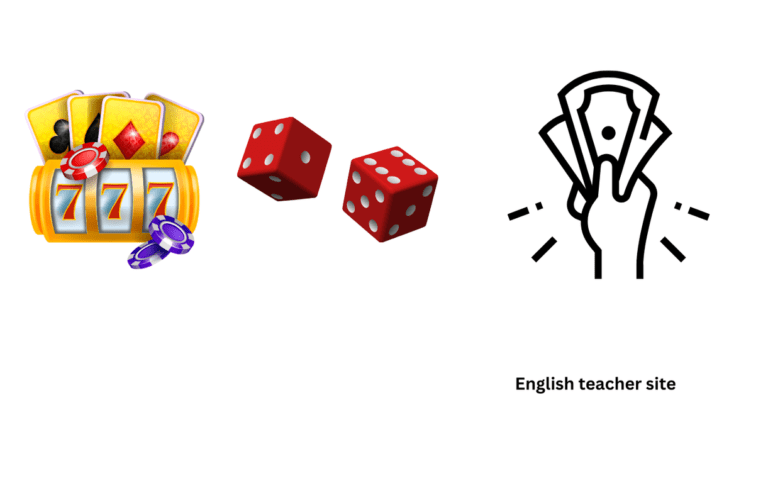Breath vs Breathe: Understanding the Correct Usage
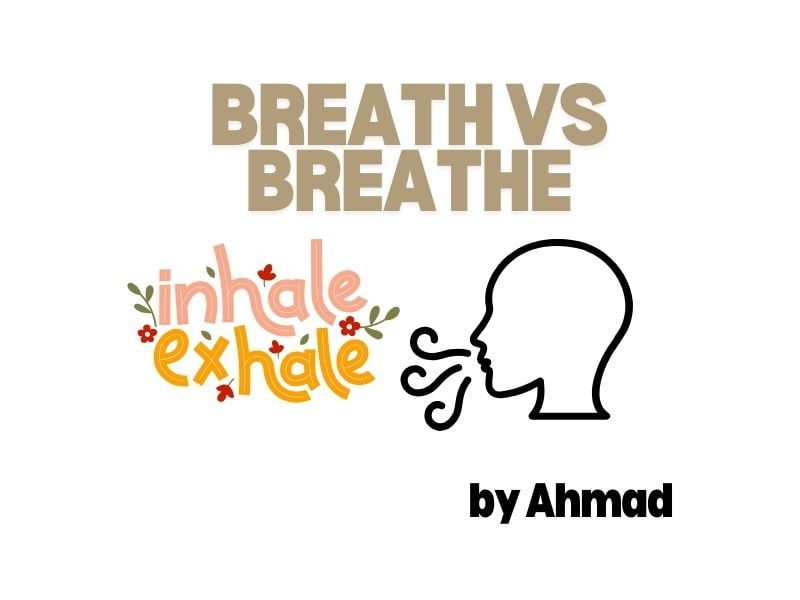
- “Breath” is a noun describing the air inhaled or exhaled.
- “Breathe” is a verb that means to draw air into and expel it from the lungs.
- Correct use of “breath” and “breathe” enhances clarity in communication.
“Breath” is a noun that denotes the air taken into or expelled from the lungs. In contrast, “breathe” is a verb referring to the action of taking in air through the nose or mouth and then expelling it.
In written English, it’s crucial to choose the correct word to convey the intended meaning clearly.
Definition of Breath
Breath is a noun, and it refers to the air taken into the lungs and then expelled. In linguistic terms, it provides a label for a physical concept associated with respiration.
Here are key aspects of the word “breath”:
- Used in reference to the act of inhaling or exhaling.
- Signifies a single cycle of breathing.
- Can denote a slight or subtle movement of air.
- Often used in a figurative sense, symbolizing a close or narrow margin as in the phrase “a breath away.”
| Aspect of Breath | Description |
|---|---|
| Phonetic Pronunciation | Breath is pronounced as /breθ/, with a short “e” sound. |
| Use in Speech and Writing | It is a countable noun; one can take “a breath” or several “breaths.” |
Breath also embodies metaphorical meanings, occasionally representing life or a pause that offers a quiet moment of respite. The precise nature of the word breath can be seen in common phrases:
- Catch one’s breath: To pause and rest after being out of breath.
- Save one’s breath: To stop talking as it is a waste of effort.
- Under one’s breath: Speaking softly or in a whisper.
Understanding these distinctions provides clarity in communication. It is the concrete noun in this linguistic pairing, and its correct application is crucial for accurate expression.
Definition of Breathe
Breathe is a verb—it represents an action. Specifically, it is the process by which living organisms inhale and exhale air. Defined concisely, to breathe means to take air into the lungs and then expel it, which is a continuous life-sustaining process.
| Pronunciation | Usage |
|---|---|
| /briːð/ | “They breathe fresh air after the rain.” |
Characteristics that differentiate it from its noun counterpart, breath:
- Ends with an e: Compared to breath, breathe adds an ‘e’ at the end.
- Sound: It possesses a long ‘ee’ vowel sound, differing from the short ‘e’ in breath.
In the context of linguistic usage, breathe can relate to different scenarios:
- Literal breathing: The physical act of taking air into and expelling it from the lungs.
- Metaphorical sense: Used in phrases like “to breathe life into something,” which means to energize or revitalize it.
Here’s a list highlighting contexts in which one would use the word breathe:
- Breathe deeply for relaxation.
- Plants breathe through a process called photosynthesis.
- Don’t forget to breathe while singing.
The term’s role is pivotal in everyday conversation as well as in medical, wellness, and even technological contexts, illustrating the breadth of the verb’s applicability.
Breath as a Noun
In English, the term breath signifies a noun that describes the air taken into the lungs and then expelled. It is the physical process of inhaling and exhaling, an essential aspect of respiration. Unlike its verb counterpart, breath lacks the ending ‘e’ and is pronounced with a shorter [eh] sound, much like in the word death. This word embodies both the act of breathing and the air itself that is involved in the process.
| Characteristics of “Breath” | Description |
|---|---|
| Part of Speech | Noun |
| Pronunciation | [breth] |
| Function | Represents the concept of inhaled or exhaled air |
In common usage, individuals might refer to taking a deep breath when experiencing anxiety or needing a moment of calm. The term also finds its way into various idiomatic expressions and metaphors, serving as a symbol for life or a momentary pause. Here are examples of breath:
- After running, she took a shaky breath.
- His breath fogged the glass in the cold air.
Lastly, it is crucial to discern between breath used figuratively and clinically. While medically, it refers to the physical respiration process; figuratively, it can allude to a slight pause or a life force.
| Figurative vs. Clinical Use | Example Sentence |
|---|---|
| Figurative Use (as life force) | She is the breath of fresh air in the office. |
| Clinical Use (physical process) | The doctor checked the patient’s breath for regularity. |
Understanding the distinct nature of breath as a noun helps in its proper usage in both written and spoken English.
Breathe as a Verb
In English, “breathe” functions solely as a verb. It conveys the action of inhaling and exhaling air from the lungs. Pronunciation for “breathe” includes a long ee sound, phonetically transcribed as /briːð/. The spelling of “breathe” is distinct because it ends with an “e,” which is silent in its pronunciation.
The following table lists the different forms of the verb “breathe”:
| Base Form | Past Tense | Past Participle | Present Participle |
|---|---|---|---|
| breathe | breathed | breathed | breathing |
“Breathe” has various uses in English:
- Biological: to indicate the physical process of taking air in and expelling it from the lungs.
- Figurative: to mean taking a short break or pausing for rest.
- Colloquial: to suggest relief, as in “to breathe a sigh of relief.”
When constructing sentences, the verb “breathe” can also be combined with adverbs to describe the manner of the action:
- She can breathe easily after the long climb.
- The patient is instructed to breathe slowly and deeply.
The act of breathing can further be qualified by its necessity or difficulty:
- Allergic reactions can make it hard to breathe.
- Underwater, divers use equipment to breathe artificially.
Overall, “breathe” pertains specifically to the verb form and should not be confused with the noun “breath.”
Nouns vs. Verbs
When differentiating between breath and breathe, one must recognize their roles in language: one is a noun, and the other is a verb. It’s essential to use them correctly to maintain clear communication.
Breath (the noun) signifies the air inhaled or exhaled during respiration. For instance, on a cold day, one might see their breath in the air.
Breathe (the verb), however, represents the action of taking air into the lungs and then expelling it.
| Noun Example | Use in a Sentence |
|---|---|
| Breath | She took a deep breath before speaking. |
| Verb Example | Use in a Sentence |
|---|---|
| Breathe | He needs to breathe deeply to relax. |
Key comparisons:
- The air as a physical entity (noun — breath)
- The act of moving air (verb — breathe)
A quick tip to remember the difference:
- Breath contains the word “ea” when you see it, you’re looking at the noun.
- Breathe ends in “e”, which indicates it’s something one can do; hence, it’s a verb.
Consider these points:
- “Can you hear her breath?”
- “Please breathe quietly during the test.”
Both words hold significance in English, serving different functions yet remaining interconnected. Employing the correct form ensures the intended meaning is conveyed effectively.
Using Breath in a Sentence
The word “breath” is a noun, and it refers to the air that is either inhaled or exhaled during the process of breathing. Correct usage of “breath” in a sentence is crucial for clear communication. One should remember that “breath” has a shorter vowel sound and does not include the letter ‘e’ at the end, unlike “breathe,” which is a verb.
Examples in sentences:
- After running a mile, she took a deep breath to recover.
- He could see his breath in the cold winter air.
- The doctor asked her to hold her breath while he listened to her lungs.
Common expressions with ‘breath’:
| Expression | Example Usage in a Sentence |
|---|---|
| catch one’s breath | They sat down to catch their breath after the hike. |
| take one’s breath away | The stunning view from the mountaintop took her breath away. |
When constructing sentences, it’s essential to place “breath” in the correct context to convey its literal or metaphorical sense effectively.
Metaphorical use:
- It is sometimes used to express a brief pause or a momentary relief.
- The phrase “a breath of fresh air” symbolizes a refreshing change.
Words often used with ‘breath’:
- Short
- Ragged
- Shallow
Remember, “breath” is always a noun and should fit into a sentence as the subject, object, or complement, never as an action.
Using Breathe in a Sentence
Examples of “breathe” illustrating literal usage:
| Sentence | Explanation |
|---|---|
| She took a deep breath and then began to breathe slowly and calmly. | Shows the action of inhaling and exhaling air. |
| Doctors recommend practicing deep breathing techniques to reduce stress. | Refers to the method of taking slow, deep breaths. |
Figurative expressions with “breathe”:
- During meditation, they focus on their breathing to achieve a state of relaxation.
- The employees felt they could finally breathe after completing the long-awaited project.
When constructing sentences, it’s also crucial to pay attention to grammatical structure:
- Breathe is commonly used in the imperative form as instruction or demand, e.g., “Breathe in, breathe out.”
- In continuous forms, it appears as breathing, often portraying ongoing actions, e.g., “He was breathing heavily after the race.”
Understanding nuances in the use of “breathe” ultimately enhances one’s articulation in both oral and written English.
Idioms Involving Breath
Here’s a brief look at some common idioms that feature the word “breath.”
Don’t Hold Your Breath
In saying “don’t hold your breath,” one advises against waiting expectantly for something that is unlikely to happen. It speaks to the improbability of a situation with a touch of realism.
Take Your Breath Away
This idiom is employed when something is so astonishing or beautiful that it causes a moment of awe, almost as if one has momentarily stopped breathing.
A Breath of Fresh Air
Someone or something that is refreshingly new or innovative can be likened to “a breath of fresh air,” often used to describe a change that is welcomed and rejuvenating.
Common Breath-Related Idioms and Their Meanings
| Idiom | Meaning |
|---|---|
| Catch one’s breath | To pause to rest or regain one’s normal breathing especially after an activity |
| Out of breath | Breathless or panting, usually after an intense activity |
Breath Idioms as Metaphors
| Idiom | Metaphorical Meaning |
|---|---|
| A breath away from | Very close to something in terms of distance or attainment |
| Waste one’s breath | To talk in vain; to give advice that is ignored |
- Bated breath
Individuals who await something with “bated breath” are so eager or anxious that they almost seem to be holding their breath.
- Save one’s breath
To “save one’s breath” suggests that one should avoid wasting effort in speaking, typically because it won’t have any effect.
These idioms offer a glimpse into how breath, a sign of life itself, weaves its way into our spoken expressions. They transform simple breathing, a natural physiological process, into a trove of rich metaphors that describe human emotions and situations with eloquence and precision.
Figurative Use of Breathe
In the English language, the verb “breathe” extends beyond its literal meaning to evoke more abstract concepts. It can express the sense of life, vitality, or a pause that brings relief or calm.
For instance, we often say a company needs to breathe new life into its operations, suggesting an infusion of fresh ideas or innovation. The verb also appears in phrases like “breathe easy” or “breathe a sigh of relief,” which convey a transition from tension to relaxation.
Examples in Phrases
| Figurative Phrase | Meaning| to breathe new life into | Revitalize or rejuvenate something stagnant
| to breathe down someone’s neck | Apply pressure or monitor closely
| to breathe a sigh of relief | Express relief after a period of anxiety
Expressions in Everyday Language
- “Give me space to breathe,” implies a need for freedom or escape from pressure.
- “The city breathes at night,” suggests that even in stillness, there’s a vibrant energy present.
In all these instances, “breathe” enhances the language with a layer of meaning that goes beyond the physical act of respiration, demonstrating its versatility and depth in expression.
Closely Related Words and Confusion
In the English language, certain pairs of words have similar spellings and meanings, yet they serve different grammatical functions. This section will examine these pairs, highlighting the specific uses and differences to clear up any potential confusion.
Breath vs. Breathe Comparison
- Breath (noun): Refers to the air inhaled or exhaled during breathing.
- Example: He took a deep breath before diving into the pool.
- Breathe (verb): The act of inhaling or exhaling air from the lungs.
- Example: She needs to breathe deeply during meditation.
When to Use Breath
| Use When | Example |
|---|---|
| Referring to the air inhaled or exhaled as a noun | “He took a deep breath.” |
| Using in idiomatic expressions | “A breath of fresh air.” |
When to Use Breathe
| Use When | Example |
|---|---|
| Referring to the action of inhaling and exhaling | “She needs to breathe deeply.” |
| Using figuratively to suggest relief or life | “After the deadline, they could finally breathe.” |
Conclusion
In this article, we’ve examined the differences between “breath” and “breathe,” focusing on understanding their correct usage. “Breath” is a noun that denotes the air taken into or expelled from the lungs. “Breathe,” on the other hand, is a verb involving the process of inhaling and exhaling.
Sources
- Breath, Oxford Learner’s Dictionary.
- Breathe, Oxford Learner’s Dictionary.
- Harper, Douglas.
- “Breath.” TheFreeDictionary.com.
My name is Khamis Maiouf. I am the creator of the English Teacher Site, dedicated to providing valuable resources and insights for students around the world. With a passion for education and a commitment to helping students enhance their skills, I aim to make English teaching more effective and enjoyable for both educators and students.



